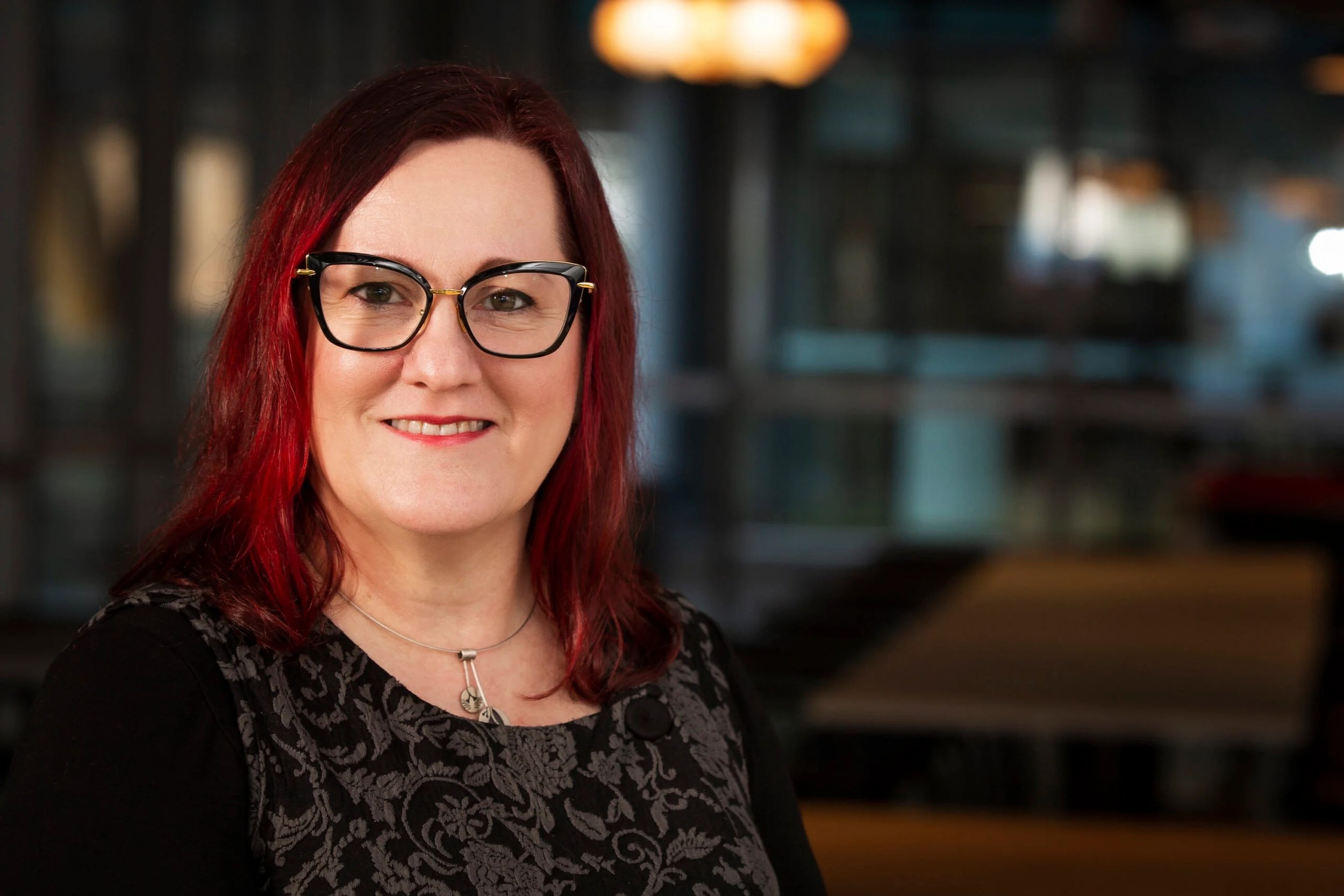29. Planning Ahead for Impact: Prof Lisa Given and Dr Wade Kelly on making the new year your most impactful one yet
Subscribe to the Amplifying Research podcast:
Apple Podcasts | Spotify | Overcast | Pocketcasts
Episode show notes
Looking to make 2025 your most impactful year yet? Prof Lisa Given and Dr Wade Kelly share practical tips for planning ahead to make impact manageable - from carving out time in your calendar to building the right relationships.
Lisa is Director of RMIT's Social Change Enabling IMPACT platform, and Wade is a Senior Lecturer in Deakin University's Researcher Development Academy. Together, they unpack how researchers can balance career progression with their impact goals, and tap into opportunities within their university.
"It's about understanding how organisations work. Most people can only see one system below them, one system above them, maybe two. So if you're within a lab, you might understand your school and faculty, but you really aren't looking at what's going on in the university. Keeping abreast of all of those levels to be an empathetic researcher is important because it'll allow you to pitch your work in ways that respond to those different levels." – Dr Wade Kelly
This episode is essential listening for any researcher wanting to make impact a sustainable, practical part of their work. From protecting your time to building the right relationships, Lisa and Wade offer actionable advice you can start implementing today.
Our conversation covers:
How to carve out time and energy for impact when juggling multiple commitments
Balancing career progression goals with impact goals
Finding and creating opportunities within your university
Protecting your time and learning to say "no"
Building relationships that support your impact goals
Making impact work manageable and sustainable
Planning for the year ahead while staying flexible
The importance of face-to-face connections
Finding your community and support network
Find Dr Wade Kelly online:
Linked In — https://www.linkedin.com/in/wade-kelly/
Bluesky — https://bsky.app/profile/wadekelly.com
Find Prof Lisa Given online:
LinkedIn — https://www.linkedin.com/in/lisagiven/
Practical tips from this episode:
Start with self-reflection and planning:
“Take time in December/January to reflect on what you want to achieve and why
Create a 3-5 year research plan that includes impact work
Consider what you value and what skills you want to develop
Document ideas and insights as they come - whether through post-it notes, phone notes, or journaling
"I would always say, pay yourself first. And you have to manage your CV because no one else is going to do that for you." -- Prof Lisa Given
Protect your time:
Block out research days in your calendar before others fill it. "I literally block two days a week for research... It doesn't mean that those days are completely blocked... But for the most part, I'm able to say to people, I don't have to give a reason, No, I'm busy that day." -- Prof Lisa Given
Use the "decline" option in your calendar and don't feel guilty about it. "That is exactly what the decline option in the calendar is for... Pick up the phone. Talk to the person. Say, actually, can we do a different day? Most of the time, you can." -- Prof Lisa Given
Be clear about your pre-existing commitments when asked to meetings
Consider one day a week for research/impact work and one day for face-to-face connections
Build strategic relationships:
Look for opportunities to meet people from different disciplines and sectors
Consider joining committees in other parts of the university
Reach out to potential collaborators before conferences to set up coffee meetings. "Start to look at the program and say, who's going to be at this conference? Could I contact them ahead of time to set up a coffee date for when we're in Seattle or whatever city it might be?" -- Prof Lisa Given
Create structured opportunities for connection like writing groups or panel discussions
"The most successful people I know are the most generous people I know... that is actually what opens doors, is that generosity of spirit, and we don't have enough of that around the institution." -- Prof Lisa Given
Be selective about opportunities:
Ask for time to consider requests rather than agreeing immediately. "Even the freedom to say, Let me think about that, can give you the power to then say no, or to deeply reflect on it and go, You know what? This is a great opportunity." -- Prof Lisa Given
Align service responsibilities with your goals and values
Consider the reputational value of opportunities, not just immediate rewards
Look for ways to integrate impact work with other responsibilities rather than treating them as separate
"Getting approached by the conversation or to do a media interview, the amount of academics that I've worked with and work with who have said no to really good opportunities because they go, oh, it's going to be so much time. But it's actually not." -- Dr Wade Kelly
Make face-to-face connections:
Prioritise in-person events and meetings where possible. "The interaction I have doing an in person workshop is quintessentially different. And the outcomes after that are different. The follow up emails I get, no matter how good my Zoom workshop is the follow up emails I get from an in person are different." -- Dr Wade Kelly
Create informal opportunities for connection like writing retreats
Consider how you can bring people together around shared interests
Take advantage of serendipitous meetings at events and conferences
Credits:
Host & Producer: Chris Pahlow
Edited by: Lawrence Bull
Music by: La Boucle and Blue Steel, courtesy of Epidemic Sound
- Public engagement
- Storytelling
- Career development
- Team alignment
- Making your work relatable
- Strategic comms
- Communicating in different formats/mediums
- Your pitch
- Stakeholder/audience mapping
- Community engagement
- Talks and presentations
- Mentorship
- Collaborating with professional staff
- Interdisciplinary collaboration
- Feedback
- Listening
- Playfulness
- Representing your discipline
- DEI
- Co-design

